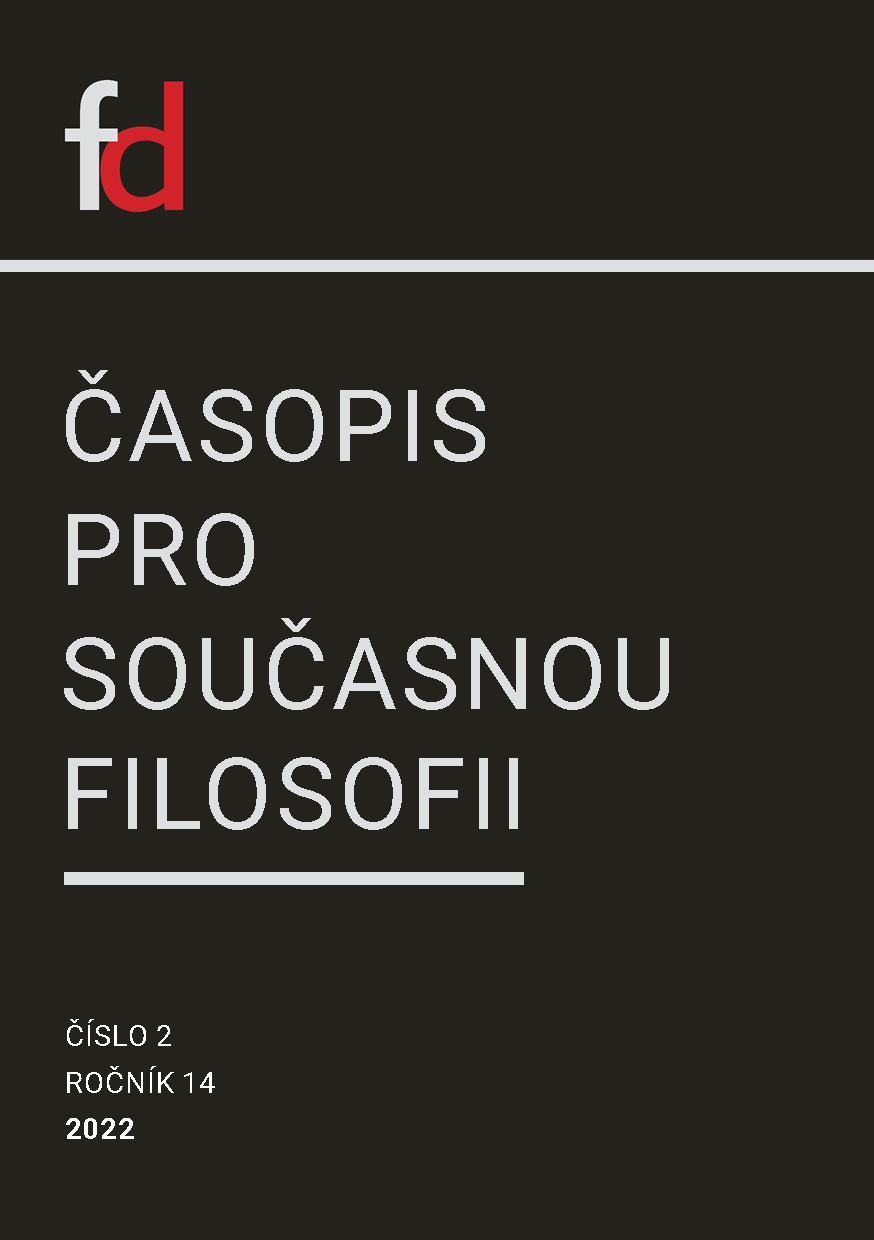Dummettʼs Anti-Realism about Mathematical Statements
DOI:
https://doi.org/10.26806/fd.v14i2.355Abstrakt
Just as the accuracy of scientific theories is best tested in extreme physical conditions, it is advisable to verify the accuracy of a recognized conception of language on its extreme parts. Mathematical statements meet this role, thanks to the notion of truth and proof. Michael Dummett’s anti-realism is an enterprise that has attempted on this basis to question the notion of the functioning of language-based primarily on the principle of bivalence, the truth-condition theory of meaning, and the notion that the speaker must be able to demonstrate his knowledge of meaning publicly. In common language practice, one can observe assertions that we can neither verify nor refute in principle. On these so-called undecidable statements, Dummett tried to show that if we apply the traditional description to them, we inevitably reach paradoxical conclusions. Mathematical statements referring to an infinite number may be examples of these assertions. In the submitted paper, I will present Dummett’s position resulting primarily in a manifestation and acquisition argument, according to which it should not be possible to understand undecidable statements at all. In conclusion, however, I will show that his intention – despite many valuable comments – fails, i.e. that there is a way to avoid both arguments while preserving the realistic description of the language in general.
Key words: anti-realism, mathematical statements, meaning, Michael Dummett, truth, truth-condition theory of meaning
Stahování
Publikováno
Číslo
Sekce
Licence
Autoři, kteří publikují v tomto časopise, souhlasí s následujícími body:
- Autoři si ponechávají copyright a garantují časopisu právo prvního publikování, přitom je práce zároveň licencována pod Creative Commons Attribution licencí, která umožňuje ostatním sdílet tuto práci s tím, že přiznají jejího autora a první publikování v tomto časopisu.
- Autoři mohou vstupovat do dalších samostatných smluvních dohod pro neexkluzivní šíření práce ve verzi, ve které byla publikována v časopise (například publikovat ji v knize), avšak s tím, že přiznají její první publikování v tomto časopisu.
- Autorům je dovoleno a doporučováno, aby zpřístupnili svou práci online (například na svých webových stránkách) před a v průběhu redakčního řízení jejich příspěvku, protože takový postup může vést k produktivním výměnám názorů a také dřívější a vyšší citovanosti publikované práce (Viz Efekt otevřeného přístupu).


